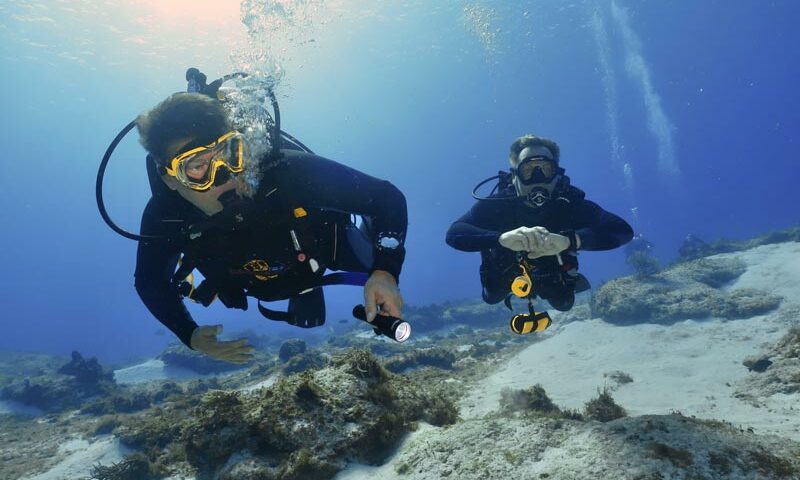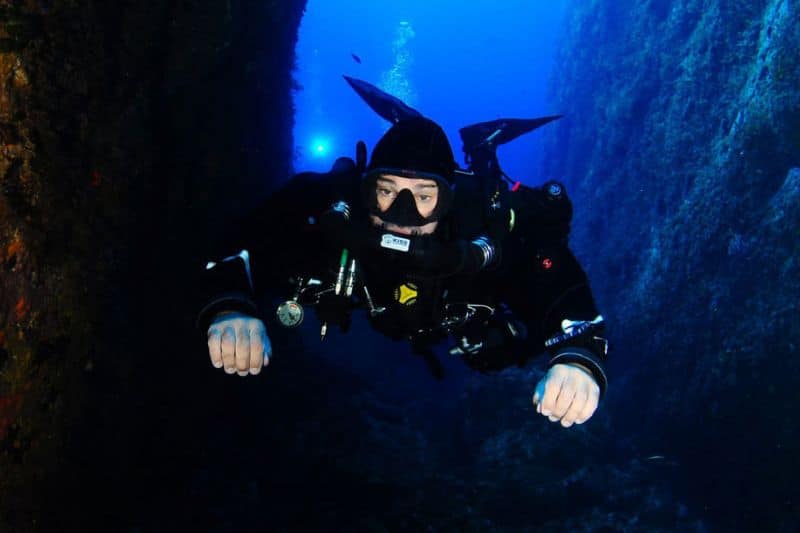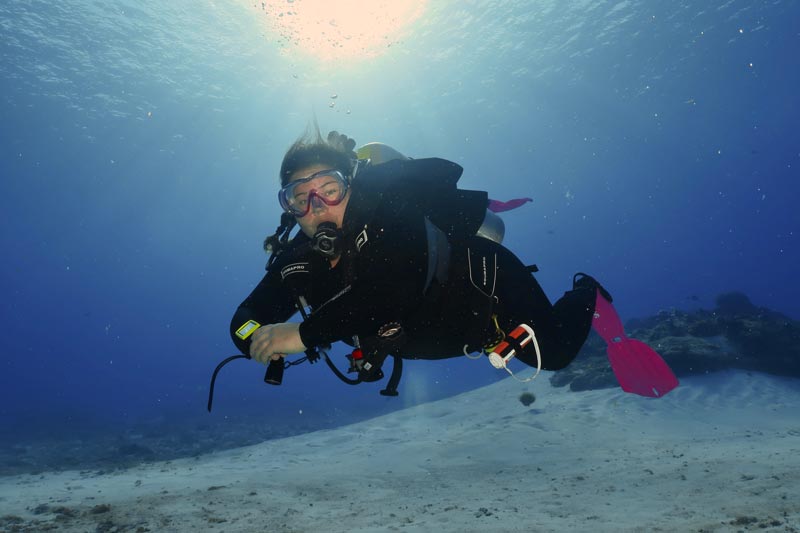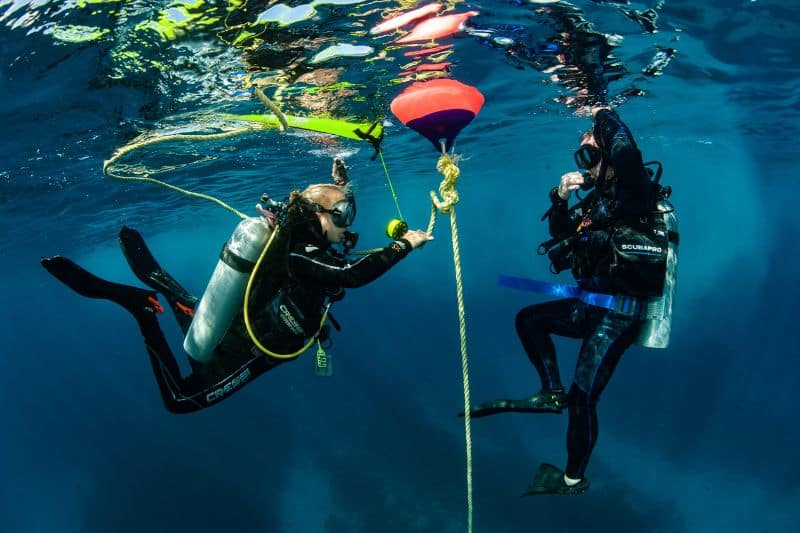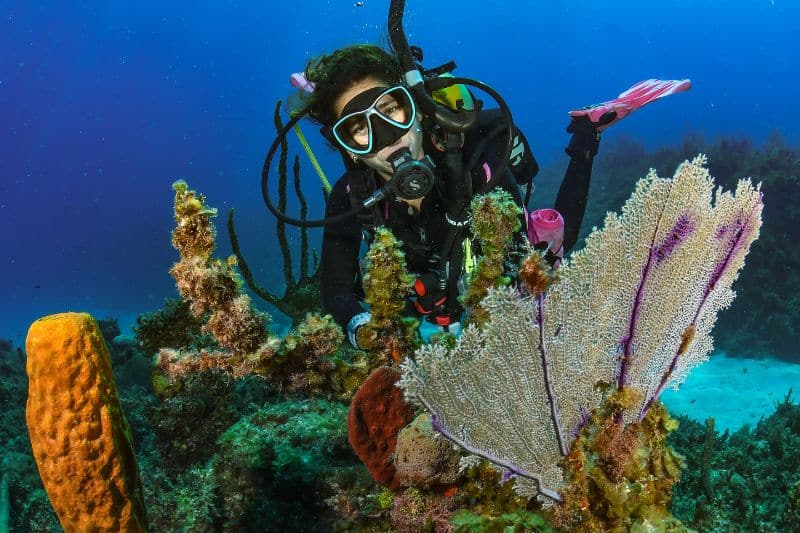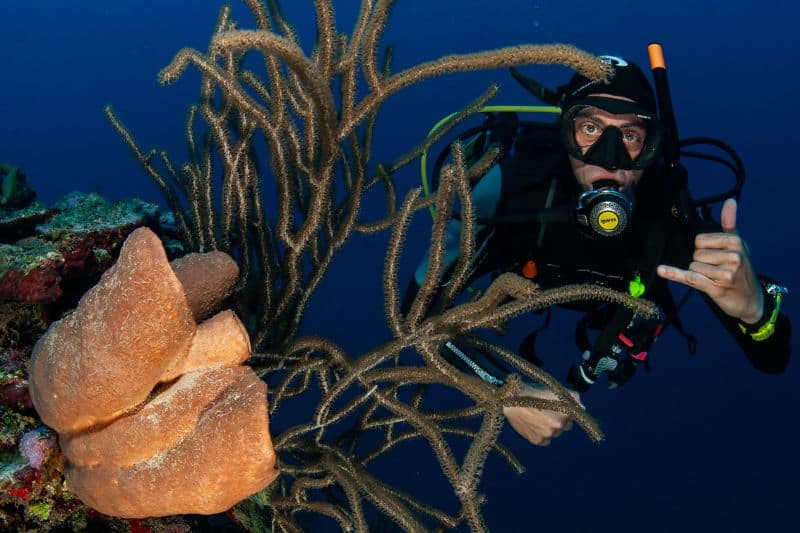5. Comparison of Diving Insurance Providers
When choosing the right dive insurance for your needs, it’s essential to understand the differences between the available options. In this section, we have compared two popular dive insurance providers: Divers Alert Network (DAN) – USA and DiveAssure.
Comparative Table
| Insurance Provider |
DiveAssure |
Divers Alert Network (DAN) – USA |
| Types of Policies Offered |
Annual, single trip, professional |
Individual annual, single trip, professional |
| Medical Coverage for Diving Accidents |
Up to $750,000 for medical treatment due to diving accidents |
Up to $250,000 for medical treatment, hyperbaric therapy, and hospitalization |
| Hyperbaric Chamber Coverage |
Not specified |
Included up to $250,000 |
| Evacuation and Repatriation Coverage |
Up to $500,000 for emergency medical evacuation |
Emergency medical evacuation included |
| Diving Course Cancellation/Interruption Coverage |
Up to $25,000 for diving course cancellation or interruption |
Up to $15,000 for diving course cancellation or interruption |
| Dive Equipment Coverage |
Up to $5,000 for lost dive equipment |
Up to $3,000 for lost dive equipment |
| Liability Coverage |
Up to $5,000,000 for liability |
Professionals: Up to $1,000,000 |
| Travel Assistance |
24/7 medical assistance, global coverage |
24/7 medical assistance, global coverage |
| Approximate Price |
From $150/year (basic plan) |
From $40/year (basic plan) |
| Highlighted Pros |
Coverage for recreational and professional activities, includes emergency medical evacuation and repatriation |
Specialized dive coverage, no depth limit, 24/7 medical assistance |
| Cons to Consider |
Does not cover commercial diving activities, limitations on winter sports |
Does not cover motorcycle or quad accidents, does not cover pre-existing conditions |
Disclaimer
The data presented in this table comes from the official websites of DiveAssure and Divers Alert Network (DAN) – USA. While every effort has been made to provide accurate and up-to-date information, coverage details and prices are subject to change. It is recommended to verify directly with the providers to obtain the most current information tailored to your specific needs before purchasing any policy. This table is for informational purposes only and should not be considered as a recommendation or financial advice.
6. How to Choose the Best Dive Insurance for You
If the two big options don’t convince you, you can always look for other dive insurance options.
Sometimes, choosing the right dive insurance can feel as complicated as understanding quantum physics, but don’t worry, I’ll break it down for you in a simple way.
First, think about what kind of diver you are. Are you an occasional diver who dives now and then? Or are you a frequent diver who dives every month? Perhaps you’re a professional diver who spends most of their time in the water. This will determine what type of scuba diving insurance is best for you.
Then, don’t forget about the type of dives you do. If you venture into technical diving or cave dives, you need insurance that covers those risks. On the other hand, if you’re only doing recreational dives, basic dive insurance may be sufficient.
How about the destination? If you’re diving in a remote location, where healthcare infrastructure isn’t readily available or is a bit lacking, you need insurance that offers evacuation coverage and includes a hyperbaric chamber. However, if you’re diving in a destination with good healthcare infrastructure or diving at home, you may not need such comprehensive coverage.
Your health status is another important factor. If you have any pre-existing conditions, like asthma or heart problems, some dive insurance policies, like travel insurance with scuba diving, may not cover certain incidents, even if you have a medical certificate stating you’re fit to dive.
Now, it’s crucial to compare your options. Each dive insurance policy has different coverage limits, and some have exclusions. Ask yourself: Does it cover all the depths and types of diving I do? Does it include medical evacuation? What about if I need treatment in a hyperbaric chamber? Make sure the coverage fits your needs.
Another key point is the ease of contact in case of an emergency. Do you have 24/7 medical assistance? Do they speak your language? These details are essential if you have a problem while traveling.
And, of course, the price. Some people prefer annual dive insurance, while others only need it for a specific trip. Consider which option is best for you, so you don’t pay more than necessary. Remember, sometimes the cheapest option ends up being the most expensive!
In summary, when looking for the best dive insurance for you, it’s not just about comparing prices, but finding coverage that fits your diving style. A good scuba diving insurance policy will give you peace of mind knowing that if something goes wrong, you’re covered. So choose wisely!
Planning your next dive trip?
Don’t forget to pack your dive insurance.
You can rent the wetsuit.
But your health? That’s irreplaceable.




